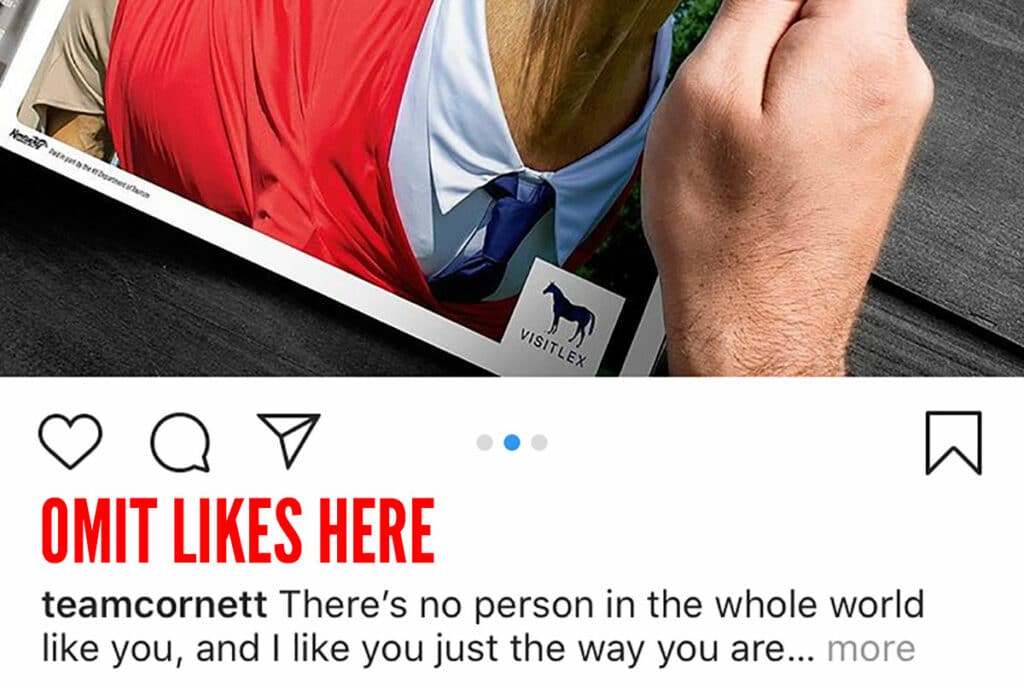The headline in TechCrunch earlier this week read, “Instagram to test hiding Like counts in U.S., which could hurt influencers.” The piece, by the very good Josh Constine, explains that Instagram is trying to depressurize the network, making it less a Like competition between Internet stars. But the question of whether or not it’s good for influencers seems to be the big question mark.
 It seems hiding like counts — evidence of influencer’s impact — by tucking their content’s high-five scoreboard might make some influencers look ineffective.
It seems hiding like counts — evidence of influencer’s impact — by tucking their content’s high-five scoreboard might make some influencers look ineffective.
Let me say this loud and proud, right here right now: This is the best thing to happen to influencer marketing since Instagram itself.
Why? Because the influencers will now have to prove their worth to brands through some method other than how many likes a given post has. Or they’ll at least have to share non-disclosed metrics to illustrate the value they provide. For many people with influence, this will only be a formality. They know the influencer marketing game is about driving business value and illustrating your worth. They’ve been doing it. They won’t see drop off in the least.
For people who are influencers, but fail to produce actual influence, this could be the death knell for their “careers.” Influencer marketing is now going to become a quality game, not a quantity game. At least on Instagram.
The change is good for consumers, too.
Without public like counts, consumers will have to decide whether or not they want to reward a piece of content by actually consuming the content. They’ll no longer be able to just see a big fat number beside the heart and press it out of compliance, following the lemmings off the virtual cliff of rewarding popularity with more popularity. Also, content without a Like count billboard ticker is more apt to elicit engagement — actual engagement — like comments or shares. Because more people will be focused on the content, not the popularity game.
But it is the metric-centricity for influencers that is the meaningful by-product of this move. Influencers will now have to prepare validation before and after campaigns to keep their revenue flowing.
There’s nothing about this that isn’t fantastic for brands, for effective influencers, for consumers and for the practice of influencer marketing.
If it is bad for any influencers, it’s only for the ones who aren’t influential in the first place.
Agree or not? I’d love to hear your thoughts in the comments.

